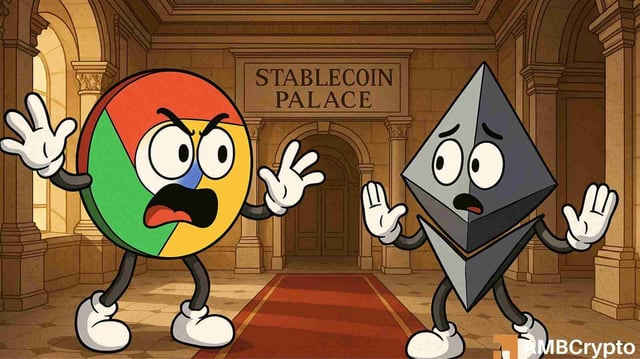Overview
- Google confirmed its Google Cloud Universal Ledger as a Layer 1 designed for financial institutions with Python-based smart contracts on a private, permissioned testnet.
- CME Group said it has completed the first phase of integration and testing, targeting low‑cost, 24/7 settlement for collateral, margin, and fees.
- Google pitches the network as credibly neutral infrastructure accessible to any institution, delivered via a single API with predictable monthly billing and KYC‑gated accounts.
- Positioned against Stripe’s Tempo and Circle’s Arc, GCUL departs from EVM compatibility, emphasizes native commercial bank money on‑chain, and focuses on tokenization and wholesale payments.
- Reaction from crypto users and some industry figures criticized the permissioned design, while Google and CME plan broader participant testing later in 2025 and aim for commercial services in 2026.



